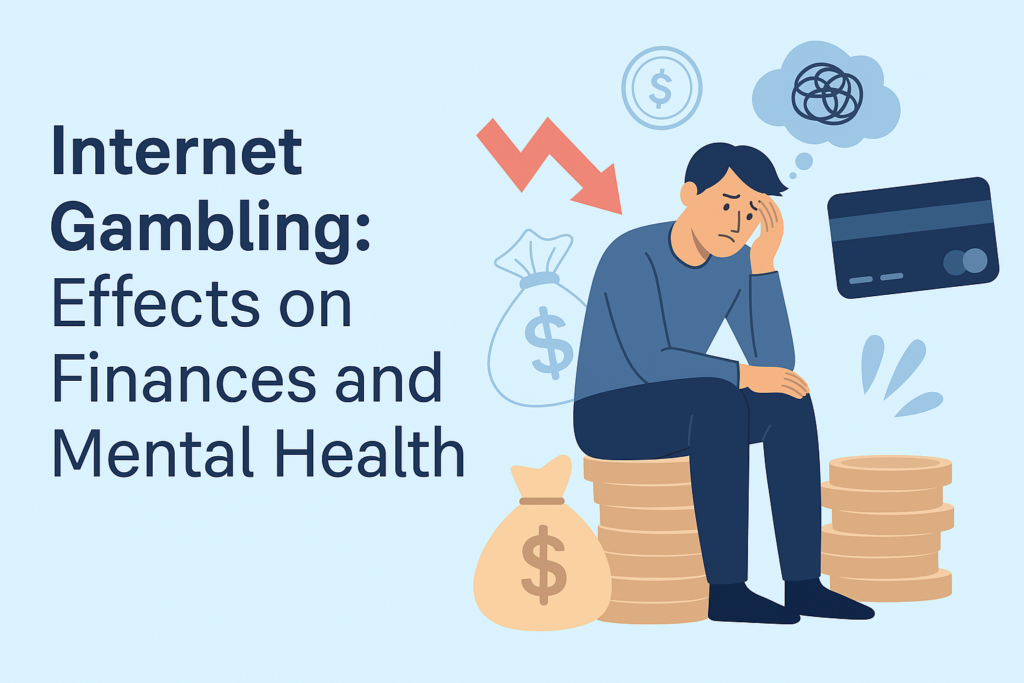
Gambling isn’t just about money. Its emotional impact can be deep and destructive — even for those who appear “in control.” Whether you’re a casual player or someone struggling with compulsive gambling, the emotional toll is real.
The ups and downs of gambling can leave you feeling constantly on edge. Losing money leads to panic or guilt. Winning, paradoxically, can fuel stress too — increasing pressure to “keep it going.”
Shame is another powerful factor. Many people keep their gambling a secret, afraid of judgment. This isolation feeds the cycle and makes recovery harder.
Repeated losses or failed attempts to quit can crush confidence. People may begin to feel worthless or hopeless, leading to depression and self-blame. As the addiction grows, individuals often lose their sense of identity.
People with gambling issues often withdraw from loved ones. They avoid conversations, lie to cover their behavior, or become defensive when questioned. Over time, trust is broken and relationships suffer — sometimes permanently.
Some use gambling as a way to escape emotional pain — grief, trauma, loneliness, boredom. But this avoidance only worsens mental health, leaving emotional wounds unhealed.
Seeking therapy, opening up to someone you trust, and building healthy routines can make a real difference. Healing starts with honesty — with yourself and others.